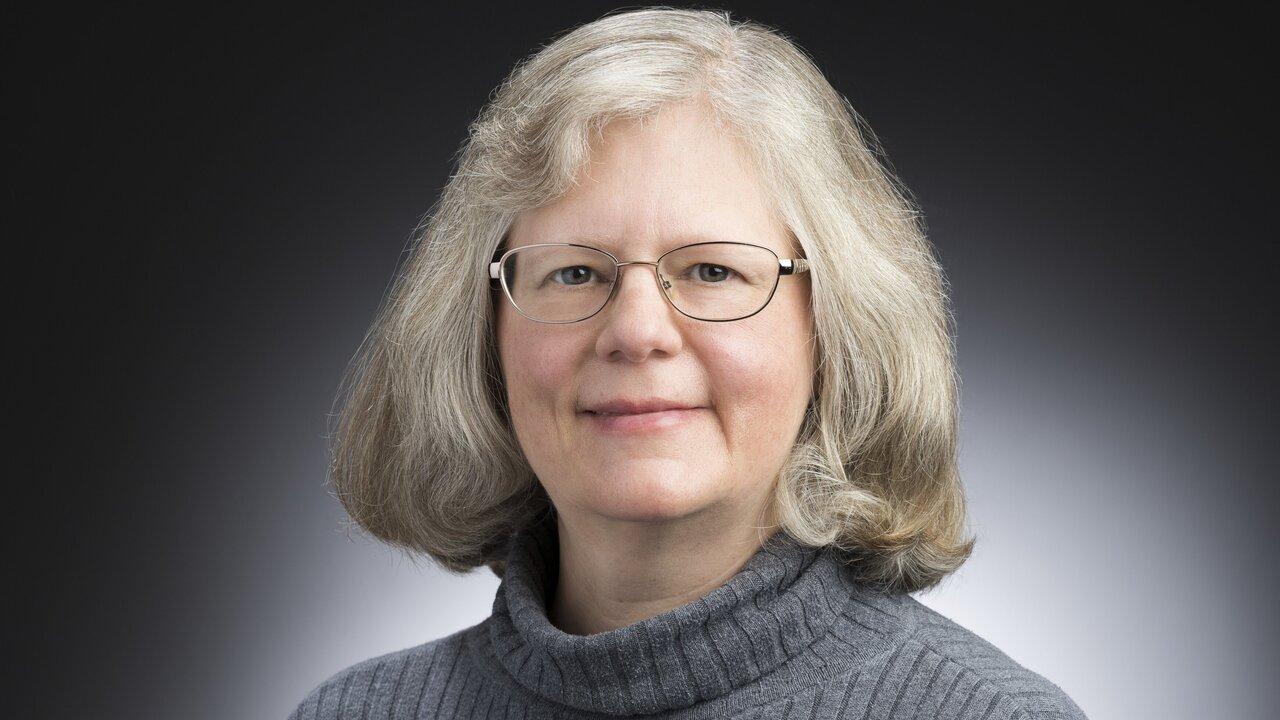
Alumni Profile: Michelle Bryden ‘92
Michelle Bryden ‘92 is always learning. From her days as a chemical engineering undergraduate at UC Davis, she has been eager to learn and try new things so she can easily move between different projects and fields in a quest to solve problems. As a research and development engineer at Johns Hopkins Applied Physics Lab (APL), she plays an important role in developing technology for the Navy to process signals more effectively and help them better find targets under the sea with sonar and radar.
This involves a lot of data analysis and developing algorithms for remote sensing to find targets automatically. She works to develop and then test technology in all stages of development, from early-stage research to implementation on naval vessels. She says this balance helps keep her challenged and motivated in the busy work environment.
“I like to have that balance so I can see the whole picture,” she said. “The later-stage stuff gives you the instantaneous reward that you need to keep going, but the research stuff is more intellectual, which I find to be more challenging.”
Bryden began her career as a chemical engineer after earning her Ph.D. at the Massachusetts Institute of Technology (MIT). However, after the company merged and she took time off to raise her daughter, she decided to take her skills in a new direction when a former colleague recruited her to APL.
“It was a really appealing opportunity for me because I’d always been more inclined towards the math side of things [in engineering],” she said. “Everybody who comes in [to the lab] is going to have to learn something new on every project. To me, that’s really rewarding.”
She credits her time at UC Davis for giving her the strong fundamental background she needed to transition to a completely new field and adapt to each project.
“UC Davis gave me the versatility to completely change fields and feel confident doing that,” she said. I got a very strong fundamental education and I really learned how to learn and how to think. Having that capability of learning made it possible for me to step in and start doing this type of work.”
As an undergraduate at UC Davis, Bryden’s favorite courses were in mass transfer and fluid dynamics. She particularly remembers her fluid dynamics professor, professor emeritus Steve Whitaker, whose lessons she has carried with her throughout her career.
“His classes were quite rigorous and I really enjoyed that,” she said. “He would talk about his dad, who was a blacksmith, who told him, ‘you have to make your own tools,’ so he had us derive everything. I’ve always carried that forwards and I still find that sometimes it’s easier to derive [the equation] yourself than remembering all the details.”
She also fondly recalls her involvement in the UC Davis chapter of the American Institute of Chemical Engineers (AIChE). She loved having the opportunity to meet industry members and her fellow chemical engineering undergraduates, as well as the group’s annual camping trip to Lassen National Park. She also gained her first research experience at UC Davis as part of professor Karen McDonald’s lab.
“The entire chemical engineering department was so supportive of the undergraduates,” she said. “That was a really great experience to have and one you don’t always see at big research universities.”
She advises current students to stay broad and remember the importance of being grounded in the fundamentals so they can be successful engineers in any field.
“Take the opportunity when you’re in college to get that grounding in the fundamental because everything’s changing and you never know where you’re going to end up,” she said. “And I’d always look for a new opportunity to learn something new.”
